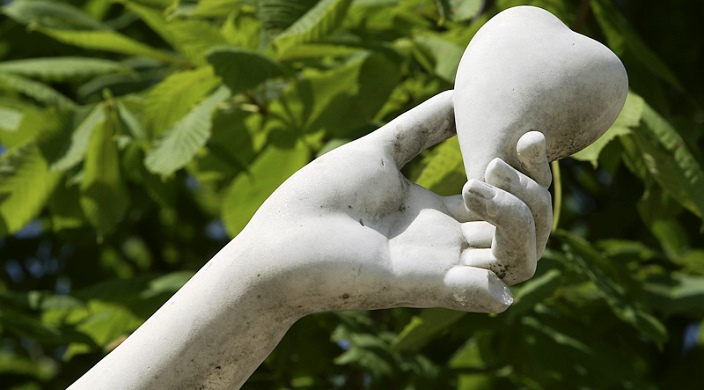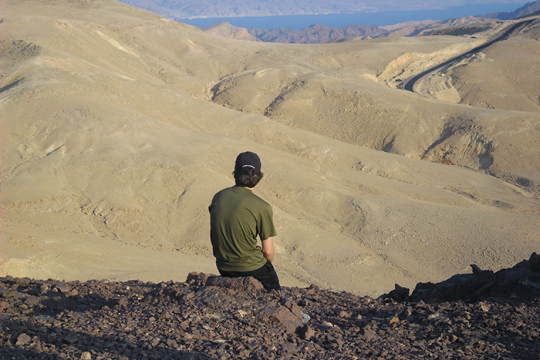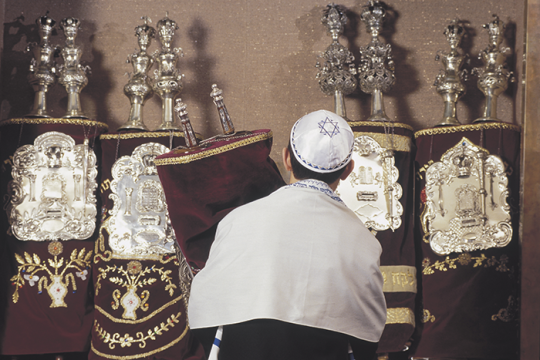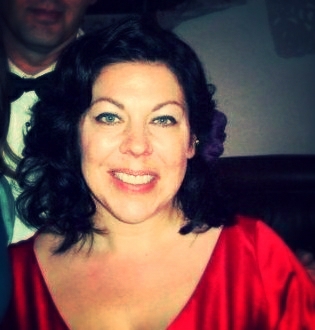
I live a very unrooted life in which I have limited attachment to place. My profession takes me around the world on assignments of two to four years as a condition of my employment. From Montreal, Vancouver, Dallas, Europe, Toronto, New Delhi, Beijing, Los Angeles, Accra: None of these places feels like home in the traditional, tangible sense, particularly because I know I will leave each new place for another place in relatively short order. When I feel lost or alone, there is no place I yearn for nostalgically as a place to return and feel the safety of home.
I suppose this constant change might explain my attraction to the idea of rootedness and community. Though the thousands of years of homelessness and persecution experienced by the Jewish people does not compare to my own voluntary homelessness, the traditions and rituals that have grown out of the Jewish experience and the connection Jews feel to each other is very comforting to me. Judaism makes me feel as if I have come home.
A religious community is a specific kind of community. Unlike a sports league or a social club, a religious community expects that its members hold certain beliefs and values. The religious community embraces both the singular “one” while simultaneously representing the plural “one.” A significant number of differences may exist between members in various aspects of their lives, but on the important question of religious identity, the Jewish community represents a collective bound by tradition, history and practice. To choose to be a member of the Jewish people as a convert is to stake a claim in its future, to connect to its past, to commit to its principles, and to observe its rituals and customs.
The convert voluntarily makes an exceptional commitment to living a Jewish life and Judaism requires that we truly love the stranger, for we were strangers in the land of Egypt. In the Torah, there are many references to "the strangers who dwell among you" or "righteous proselytes" or "righteous strangers." These are various classifications of non-Jews who lived among Jews, adopting some or all of the beliefs and practices of Judaism without going through the formal process of conversion and becoming Jews. Once a person has converted to Judaism, however, they are not referred to by any special term, they are as much a Jew as anyone born Jewish.
Many people identify with Jewish values and beliefs, appreciate Jewish culture, and admire Jewish stories of survival. But the convert feels a deep connection to the Jewish people and a commitment to leading a Jewish life. My own process of conversion has not changed me: It has revealed who I always was and validated my Jewish heart. I was a stranger, a sojourner, and now I have come home. The formal ritual of conversion – going before a and immersing in the – authenticates my identity and affirms my rightful place among the Jewish people. It is important because my life would not feel legitimate and complete without it.
When the day of my conversion comes, I will take a moment for silent personal reflection before entering the mikvah, and I will remember the words from Ezekiel:
With pure waters will I purify you, that your life be pure and blameless. A new heart will I give you, and a new spirit I will place within you. I will direct you in my teachings. and you shall keep my statutes. You shall be my people, and I will be your God.
And I will joyfully and humbly continue my journey as a Jew.
Learn more about choosing Judaism or find a Judaism class near you (or online).
Related Posts

Funny, You Don’t Look...

Spicing up my Hispanic Heritage and Embracing Sephardic Traditions


